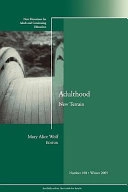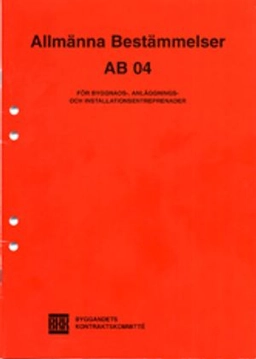

Adult Education: New Directions for Adult and Continuing Education, No. 108Upplaga 1
- Upplaga: 1a upplagan
- Utgiven: 2006
- ISBN: 9780787983963
- Sidor: 101 st
- Förlag: John Wiley & Sons
- Format: Häftad
- Språk: Engelska
Om boken
Åtkomstkoder och digitalt tilläggsmaterial garanteras inte med begagnade böcker
Mer om Adult Education: New Directions for Adult and Continuing Education, No. 108 (2006)
I mars 2006 släpptes boken Adult Education: New Directions for Adult and Continuing Education, No. 108 skriven av Horace Engdahl. Det är den 1a upplagan av kursboken. Den är skriven på engelska och består av 101 sidor. Förlaget bakom boken är John Wiley & Sons som har sitt säte i Hoboken.
Köp boken Adult Education: New Directions for Adult and Continuing Education, No. 108 på Studentapan och spara pengar.
Referera till Adult Education: New Directions for Adult and Continuing Education, No. 108 (Upplaga 1)
Harvard
Oxford
APA
Vancouver



















